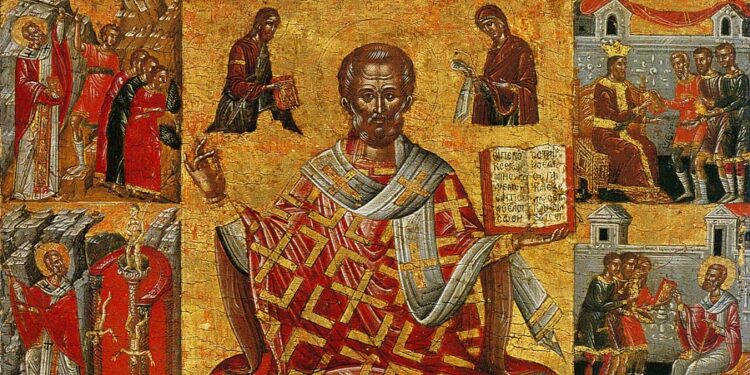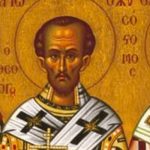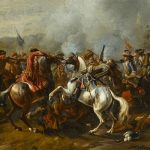
Orthodox St. Nicholas Day
In Orthodox Christianity, St. Nicholas is revered as a master of fishermen, and the day celebrating him is an important religious holiday. St. Nicholas Day is observed on December 19th in the Eastern Orthodox tradition and on December 6th in the Western.
It is a day observed with gift-giving, feasting, and children leaving out their shoes so they can be filled with goodies or small gifts. Children also often leave out a carrot or a small amount of hay for St. Nicholas’ horse. Saint Nicholas is considered the patron saint of families, fishermen, millers, hunters, bankers, and traders.
The History of Orthodox St. Nicholas Day
According to Christian tradition, St. Nicholas was born in Patara in Asia Minor during the 3rd century. He made a pilgrimage to Egypt to study theology and was consecrated Bishop of Myra.
He was imprisoned during the Diocletianic Persecution of Christians but was released in 313 after the promulgation of the Edict of Milan, which allowed the public practice of Christianity in the Roman Empire.
St. Nicholas became known for his generosity because of a legend that tells the story of him throwing money through a family’s window so a poor father could offer a dowry that would prevent his daughters from being sold into slavery.
The money supposedly landed in the family’s shoes, which were drying near the fireplace. On December 6th, 343, St. Nicholas died, which led to the creation of the Feast of Saint Nicholas.
Observing Orthodox St. Nicholas Day
Although there are many St. Nicholas Day celebrations shared between Orthodox and Western Christianity, there are also a few observances that set Orthodox St. Nicholas Day apart from any other tradition.
For example, iconography plays a bigger role in this tradition and is seen as a window into the divine. That is why it is common to see icons of St. Nicholas venerated on this day with candles, prayers, and incense.
Other ways this holiday is observed in the Orthodox tradition include liturgical services conducted in Greek, Arabic, or Slavonic languages. This Divine Liturgy includes the recital of hymns, prayers, and readings dedicated to the saint. In many communities, there is also a Blessing of the Waters that takes place on this day.
This ceremony involves the blessing of rivers, lakes, and the sea. This symbolizes the saint’s role as the patron saint of fishermen, seafarers, and sailors. As we said, there are also traditions observed on this day that are common among other Christian denominations. This includes acts of charity, giving gifts, and communal gatherings around good food.








